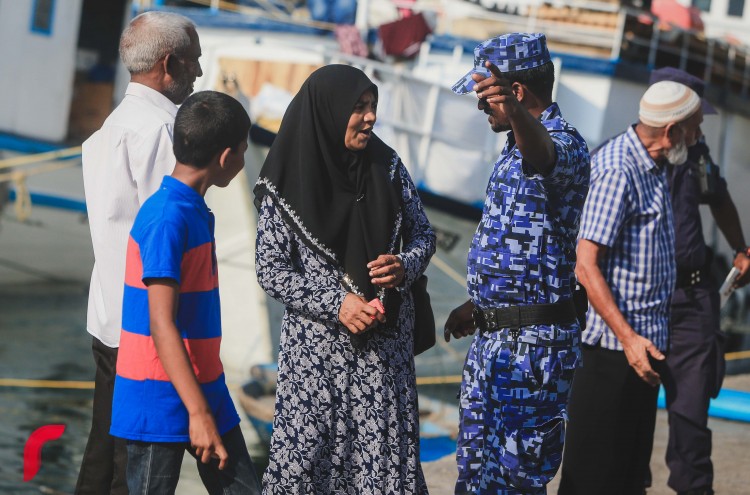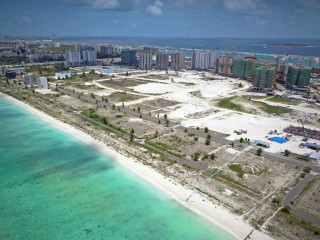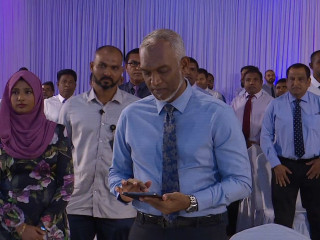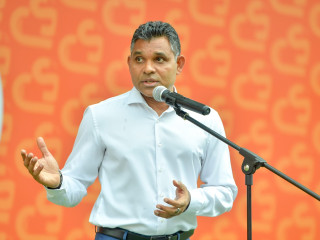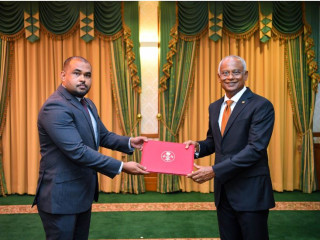The United Nations has also maintained that all political stakeholders in the Maldives find a solution through dialogue.
The office of its spokesperson included the Maldives in a briefing on Friday and called on authorities to ensure it upholds democratic values or more accurately the ‘conditions necessary’ for it.
“We are closely monitoring the situation in the country and urge the national authorities to uphold necessary conditions for democracy, the rule of law and human rights, in line with the country’s Constitution” Stéphane Dujarric, spokesman for the secretary-general said.
Dujarric’s briefing is reminiscent of Transparency Maldives’ statement calling on the government to end prosecution of opposition leaders ‘through state institutions’. The statement described being in opposition to be a 'dangerous' prospect.
“Transparency Maldives urges the government to find an amicable solution to the current political impasse and to work sincerely to ensure that the upcoming presidential elections is free fair and competitive…to work with sincerity to bring back the country to the path of democracy” the statement further said.
The German embassy in Sri Lanka had also released a statement after opposition Qasim Ibrahim’s arrest on Thursday, which described the government’s ‘harassment of opposition parliamentarians’ to be ‘disturbing’ news. The statement also remarked on 27th March’s failed vote of no-confidence against parliament speaker Abdulla Maseeh, stating that the proceedings were in volition parliamentary rules.
The British ambassador to the Maldives, James Dauris, said it was a ‘sad day for democracy’.
